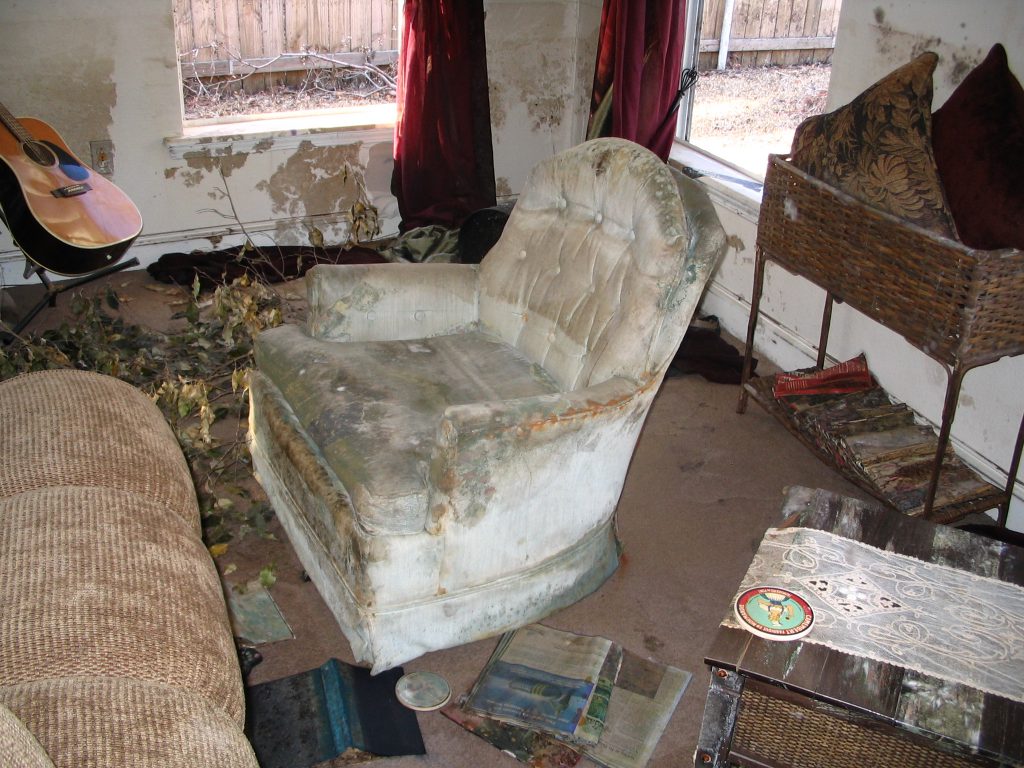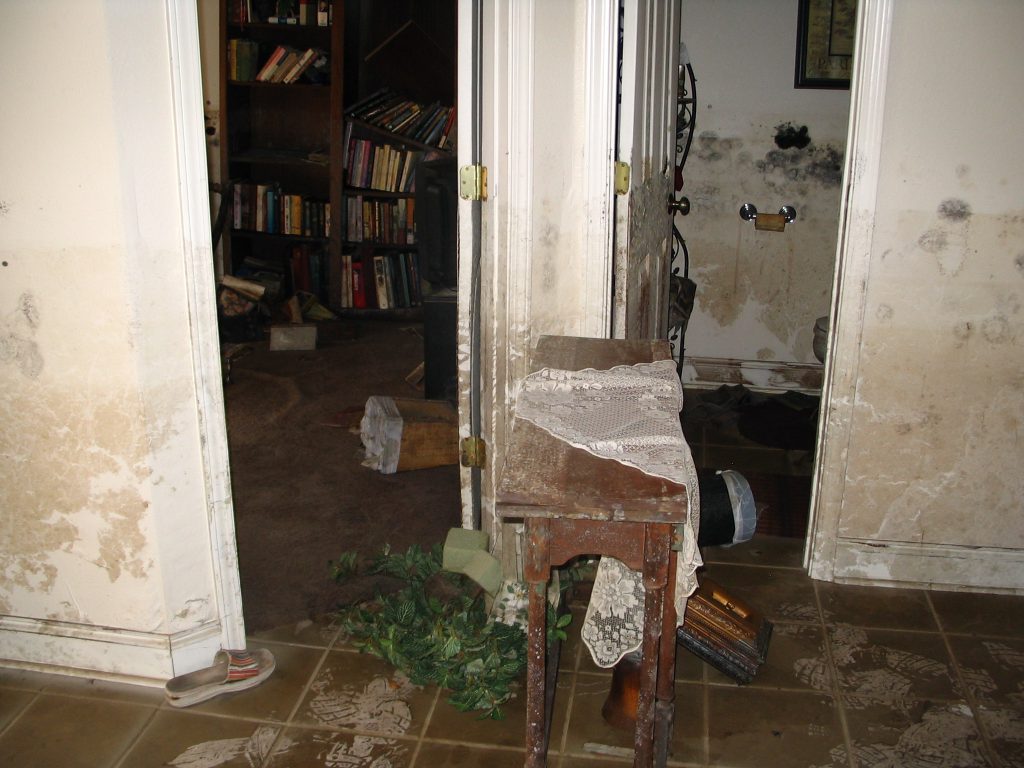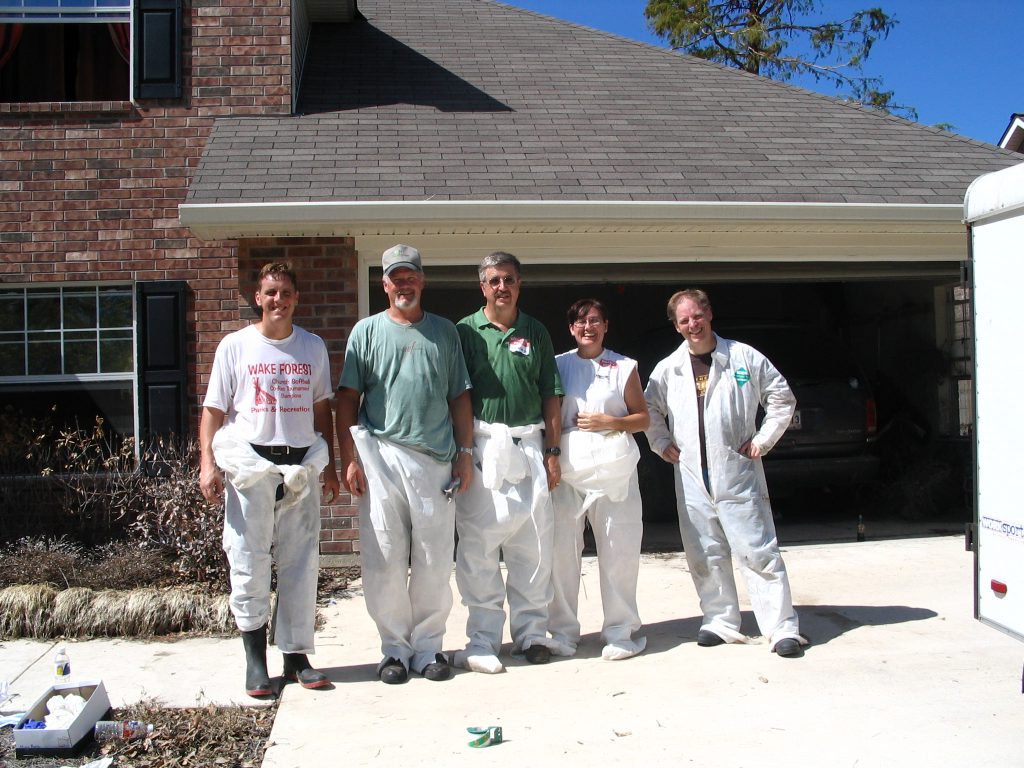Sudden crises can leave us shell-shocked. One moment we are going about our day wondering what’s for supper, and the next we are frozen by surprise, grief or fear depending on the circumstance that has exploded our comfort zone to bits.
Our first real life crisis was 15 years ago this week when Hurricane Katrina hit our lives head on. It was a disaster of biblical proportions during our fifth year serving at New Orleans Baptist Theological (NOBTS). Though the physical damage was contained to the gulf coast region of the United States, the overflow of trauma from lost lives, lost livelihoods and lost “normalcy” was a turmoil that touched our whole country for years.
Now the COVID-19 crisis has affected the entire world, the end of which seems elusive. And if that is not enough to deal with, new disasters continue to pile on week after week — including raging fires in California and another potentially devastating hurricane soon to hit the gulf coast. Naturally, we have been reminiscing on the 15th anniversary of Katrina which was so monumental moment in our lives. We have also been contemplating how that past trauma compares with this one.
-

Our home the day we returned. The water-soaked Bible on the floor belong to my grandmother.
The questions we have asked ourselves are the same.
- What do we do?
- How do we protect ourselves?
- How do we help others?
- What happens if…?
The grief we feel over losses – loss of normalcy and routines, loss of finances or health – are also the same. As I told my grandson recently after a particularly serious conversation, “We want to be wise, and the wise person learns from difficulties.” The wise also learn from suffering. Below are three take-aways from our personal journey with crises and suffering.
1. When all around is devastation, we see what truly matters.
So many people lost everything in Hurricane Katrina. Sadly, the same will be true in the wake of the raging California fires and Hurricane Laura. The enormity of sadness after a traumatic loss is palpable. When our NOBTS home and campus were obliterated and our possessions were all lost, we first sat in shock. Then we cried, and we grieved. If I had had sackcloth, like Job, I would have put it on. Some of the items which I most agonized over losing were my grandmother’s Bible, my mother’s sewing cabinet, the recent gift from my mother-in-law of a crocheted throw.
As months passed, though, we looked at each other and found that what was most important to us remained. Material possessions are useful and needed, but they have no eternal value. We have Christ, we have each other, and we have found that to be enough. No, not just enough; we found our hearts full and grateful. I am reminded of the old song written by Dottie Rambo, “The things that I love and hold dear to my heart are just borrowed, they’re not mine at all…so remind me, remind me Dear Lord.” Loss clears our vision and reminds us of the difference between the trivial and the eternal.
-

In the aftermath of Katrina, our home was a disaster. Note the mold on the walls.
2. The hope and comfort of the gospel shines brightest when the outlook is darkest.
During the days and months after Hurricane Katrina, thousands of Southern Baptists came with food, chain saws, work gloves and willing hearts to serve us and our city. The sacrificial kindness of those who showed up on the doorsteps of literal strangers to clean, haul and feed in the sweltering heat of New Orleans brought hope and comfort to those who lost so much. Many gave of their time, their money and their abilities with smiles and hugs when it was needed most. In a place where the stench of death and decay were rampant, they spread the aroma of Christ and shared the power of the Gospel while doing what needed to be done.
If you were one of those people, thank you! You may say, “But I didn’t do much – just lent a hand in the cleanup.” I would remind you that little is much when God is in it. The impact of a smile and a helping hand in the name of the Lord has the power to influence a life for eternity. Ken and I give regularly to ministries such as SEND Relief because we want to help others as we were helped in our time of need.
3. God’s grace is sufficient and humbling.
Before experiencing Hurricane Katrina, we had never been in a place of real need. As middle-class Americans, we had never been without clothes or a bed to sleep in or a pan to cook in. It was a deeply humbling experience to wake up one morning and realize we had one change of clothes and nothing else to our name. But God provided for us in more ways than we have space to list here. As family, friends and even strangers came to our aid, we were reminded of our dependence on both our Heavenly Father and the family of God.
-

So many people came to help us during the recovery.
In this current crisis, we personally are not yet among those experiencing the greatest suffering. We have our health and our jobs. We are not in the location of this month’s fires or hurricanes. But having tasted the bitter pill of loss in the past, we can testify to those who are suffering now of God’s sustaining grace and mercy through calamity. Whatever the future holds, we know our Sovereign God and good, good Father holds the future in trustworthy and faithful hands.
No matter how crazy things get, or what we are called upon to endure before this is through, will you join us as we “keep on keeping on”?
- Keep our eyes on Jesus. (Hebrews 12:2)
- Keep praying for our neighbors, our churches and our country. (Matt 6:9-15)
- Keep being Salt and Light. (Matthew 5:13-16)
- Keep entering into the suffering of others with loving actions. (Gal 6:2)
John 16:33 has become my mantra. After Jesus’ final message to his disciples prior to the cross, he said,
- “I have told you these things so that in me you may have peace. You will have suffering in this world. Be courageous! I have conquered the world.”
Editor’s Note: A version of this article originally published on Aug. 26, 2020.



No comments have been added.